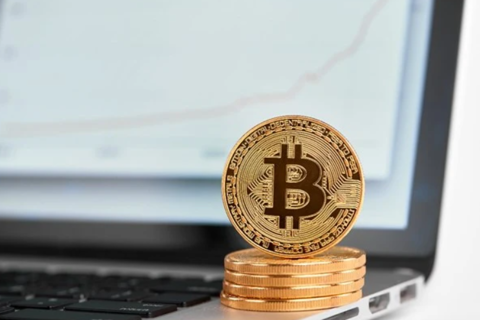Business
Vietnam PM rules out devaluing currency to boost exports
Jan 21, 2019 / 02:48 PM
Domestic and international investors have been confident in growing businesses in Vietnam, thanks to the country’s macro-stability and capability to keep the VND stable in any circumstances.
Vietnam would not devalue its currency, the Vietnamese dong (VND), to boost exports as the US – China trade war starts to hurt Southeast Asia’s trade-reliant economies, according to Prime Minister Nguyen Xuan Phuc.
In an interview with Bloomberg, Phuc said the government would keep the VND stable, which is the country’s growth policy.
According to Phuc, both domestic and international investors have been confident in growing businesses in Vietnam, thanks to the country’s macro-stability and capability to keep the VND stable in any circumstances, regardless of what had happened.
The VND was relatively stable in 2018 compared with other currencies in Asia, such as India’s rupee and Indonesia’s rupiah, which suffered large declines amid an emerging-market rout, Bloomberg reported.
Previously, the State Bank of Vietnam (SBV), the country's central bank, has said it plans to maintain its policy interest rates and exchange rates steady in 2019 to stabilize markets.
Additionally, Vietnam also plans to allow foreign investors to own bigger stakes in banks, Phuc added.
However, with some major state-run banks, the government still needs to retain sizable stakes in order to maintain economic stability, he continued, adding that he expected more investors would invest in private banks.
Meanwhile, foreign banks are also doing well in Vietnam, while the government tries to cut interest rates and reduce bad debt in banks, he concluded.
Vietnam's nominal GDP in 2018 stood at VND5,535.3 trillion (US$237.64 billion), expanding 7.08% from 2017, marking a 10-year high growth rate and leading to GDP per capita of US$2,587, up US$198 compared to 2017.
In 2019, Vietnam set GDP growth target at 6.6 – 6.8% , and the exchange rate policy should be in reflection of both Vietnam’s and world market situations, while avoiding negative impacts of the adjustment of public services fees on inflation.

Illustrative photo.
|
According to Phuc, both domestic and international investors have been confident in growing businesses in Vietnam, thanks to the country’s macro-stability and capability to keep the VND stable in any circumstances, regardless of what had happened.
The VND was relatively stable in 2018 compared with other currencies in Asia, such as India’s rupee and Indonesia’s rupiah, which suffered large declines amid an emerging-market rout, Bloomberg reported.
Previously, the State Bank of Vietnam (SBV), the country's central bank, has said it plans to maintain its policy interest rates and exchange rates steady in 2019 to stabilize markets.
Additionally, Vietnam also plans to allow foreign investors to own bigger stakes in banks, Phuc added.
However, with some major state-run banks, the government still needs to retain sizable stakes in order to maintain economic stability, he continued, adding that he expected more investors would invest in private banks.
Meanwhile, foreign banks are also doing well in Vietnam, while the government tries to cut interest rates and reduce bad debt in banks, he concluded.
Vietnam's nominal GDP in 2018 stood at VND5,535.3 trillion (US$237.64 billion), expanding 7.08% from 2017, marking a 10-year high growth rate and leading to GDP per capita of US$2,587, up US$198 compared to 2017.
In 2019, Vietnam set GDP growth target at 6.6 – 6.8% , and the exchange rate policy should be in reflection of both Vietnam’s and world market situations, while avoiding negative impacts of the adjustment of public services fees on inflation.








